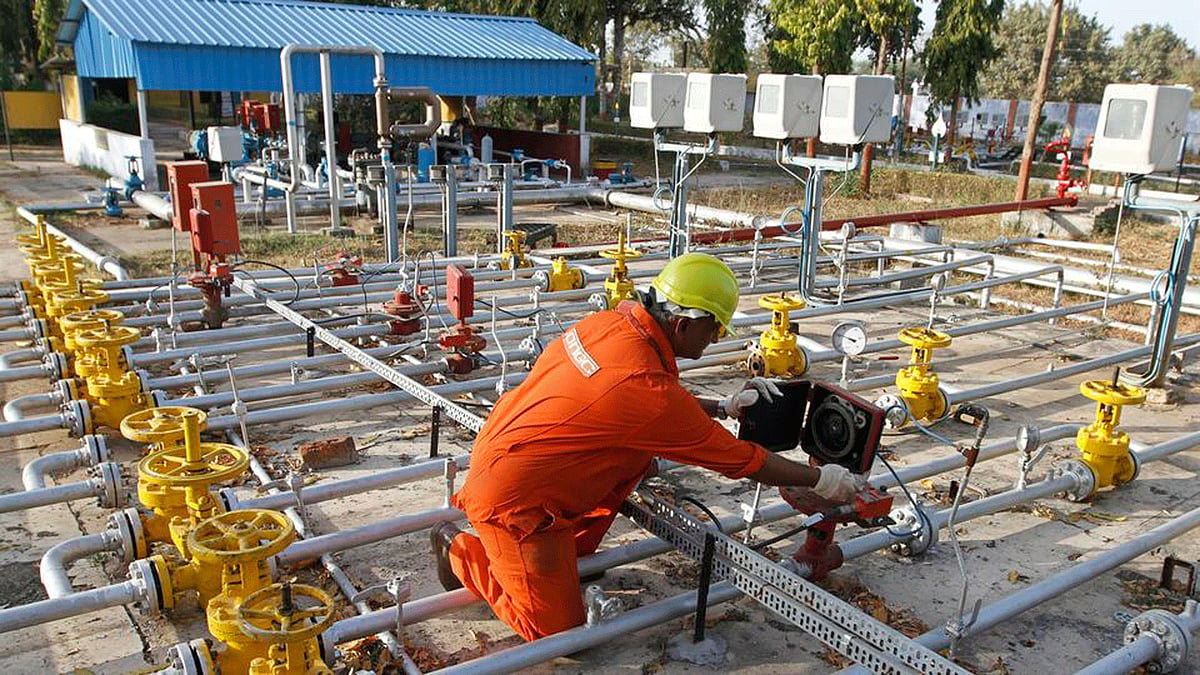India Unveils New Licensing, Pricing Norms for Hydrocarbons
The petroleum minister said the new oil and gas exploration policy will now be based on a revenue-sharing model.

advertisement
Taking up some long-pending issues in the oil and gas space, India on Thursday approved a new policy for their exploration, while also defining the norms for pricing of existing and new discoveries made in difficult areas.
Briefing reporters on the decisions taken at a meeting of the cabinet, presided over by Prime Minister Narendra Modi, the petroleum minister said the new oil and gas exploration policy will now be based on a revenue-sharing model, as opposed to cost-and-output-based norms earlier.
The difficult areas for which the new pricing norms have now been formulated are defined as those from deep-water, ultra deep-water and high-pressure, high-temperature areas. Such areas were not considered when prices were fixed for normal gas discoveries in 2014.
The bulk of such fields are with Reliance Industries and state-run Oil and Natural Gas Corp.
The oil minister said production-sharing contracts on some of the discovered fields could not be signed during the last two decades for a number of reasons, including arbitration proceedings, court cases, observations by the official auditor on “gold plating” of costs, and alleged scandals.
Among the other decisions of the cabinet pertaining to the oil and gas sector, a Rs 8,000 crore outlay was provided to extend subsidised cooking gas to 50 million poor families in the name of the woman member, and the extension of contracts for 28 older hydrocarbon blocks.
This apart, the cabinet cancelled the award of the Ratna and R-Series field in 1996 to a consortium of Essar Oil and Oil Pacific UK.
In his budget speech last month, Finance Minister Arun Jaitley had said the government will extend incentives for the discovery and exploration of gas by providing companies the freedom to market the output.
He said companies will be provided calibrated marketing freedom, and also a pre-determined ceiling price discovered from global benchmarks.
(At The Quint, we question everything. Play an active role in shaping our journalism by becoming a member today.)